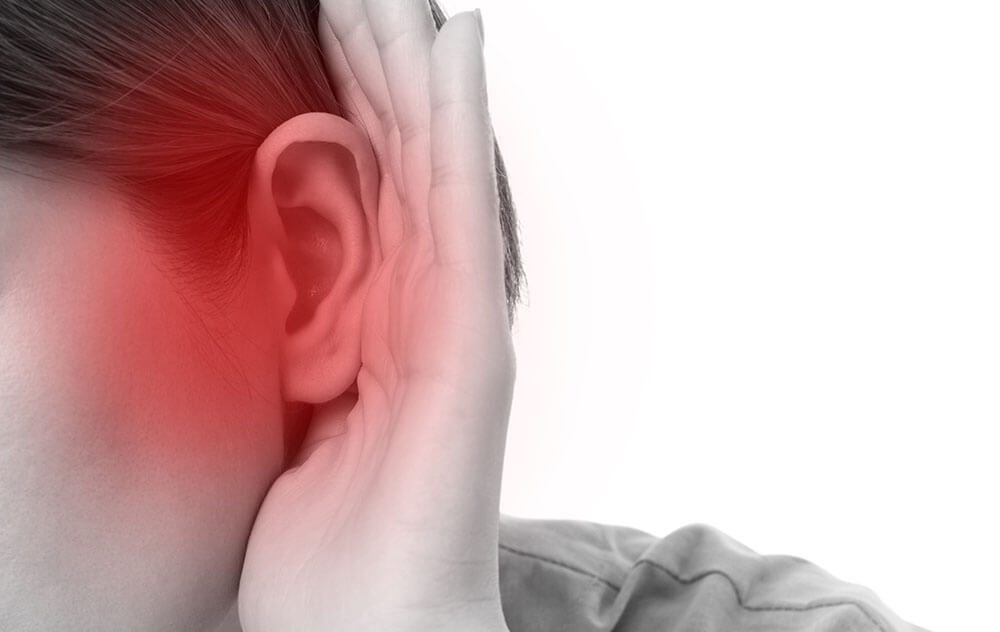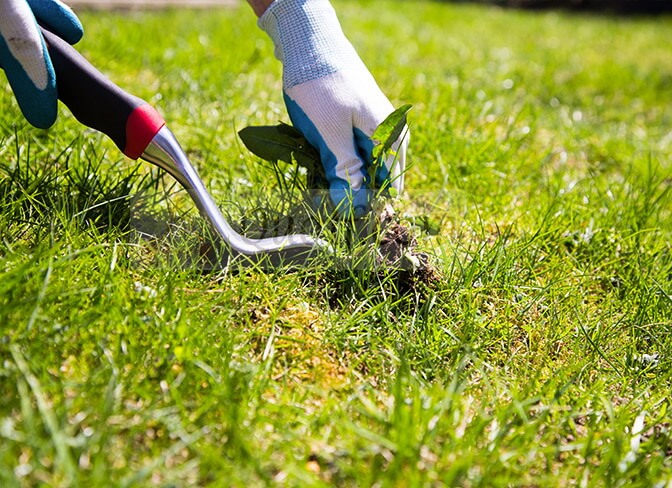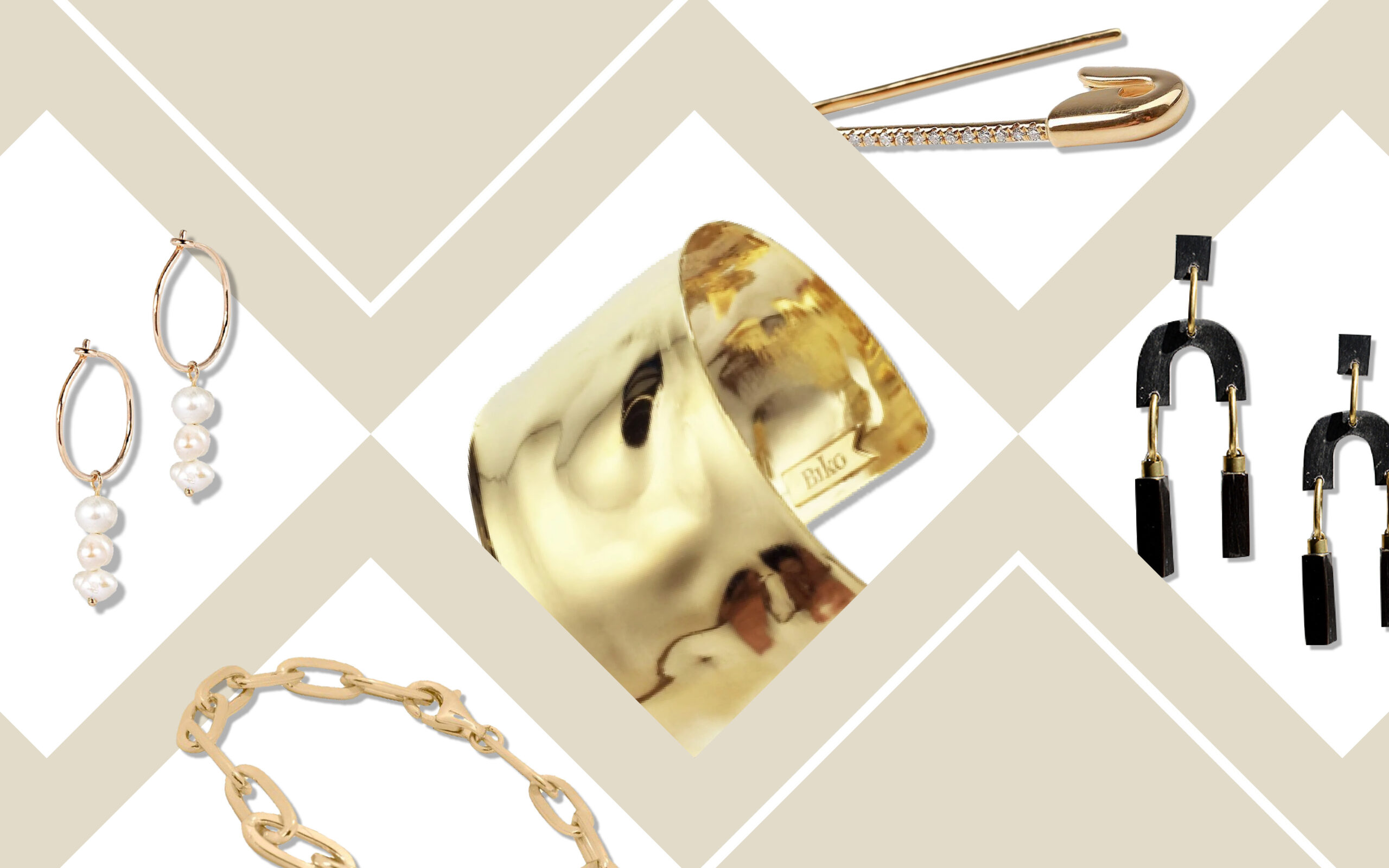3 ways to relieve tinnitus

Tinnitus is the name given to sounds which an individual hears which are not coming from any external source. Commonly, this is experienced as a ringing or buzzing noise in the ear and affects up to 10% of adults in the US for varying periods of time. The causes of the condition are not always easy to pin down and it can range from anything such as earwax blocking the ear to being an indicator of more severe diseases such as brain tumours or thyroid abnormalities. Although the most common cause of tinnitus is hearing loss. Affecting roughly 25 million Americans, tinnitus can be very distressing and significantly lower the quality of your life. If you have been recently diagnosed with tinnitus or strongly suspect you have it, there are a number of treatments which will help relieve your symptoms.
Hearing aids
With hearing loss being one of the main causes of tinnitus, an obvious remedy is having hearing aids fitted. In a study conducted by the Hearing Review, 60% of patients reported that they felt at least a minor improvement in their symptoms as a result of wearing hearing aids. For example, they can amplify background noise so tinnitus symptoms don’t appear so significant in comparison. Additionally, because hearing aids improve communication, patients may feel a reduction in stress which will make it easier to deal with the ringing or buzzing. If you are concerned about your hearing, and think that you may require aids, do not hesitate to get in touch with an audiologist.
Relaxation, meditation, and therapy
Practising mindfulness can be an excellent tool in relieving your tinnitus symptoms. Many people choose to embark on various mindfulness-based stress reduction courses which equip them with the skills to focus their attention away from the symptoms and distress they are experiencing. However, if you don’t want to break the bank or simply don’t have the time, there are many self-help books and YouTube videos on the practice, which can be equally as effective.
If you find that mindfulness is not for you, you may consider seeking out traditional therapy-based approaches such as Cognitive Behavioural Therapy (CBT). Whilst this treatment doesn’t reduce symptoms, it can reduce the anxiety and depression caused by tinnitus by helping patients to accept their condition.
Sound masking devices
These devices play benign and neutral noises (usually at a level above the snuffer’s tinnitus) to block out the sounds of ringing, buzzing, or throbbing they hear from their condition. The sounds are designed to be pleasant and you can choose your preference; from white or pink noise, to nature sounds. This is perfect if you struggle falling asleep or find it difficult to concentrate if you are working from home perhaps.
There is an abundance of other tinnitus treatments such as incorporating more exercise into your lifestyle and adopting a healthy diet. The best thing to do if you suffer from tinnitus is to trial and error a number of recommended solutions, and find what works best for you. However if you are really struggling, it is wise to enlist the help of a professional.






